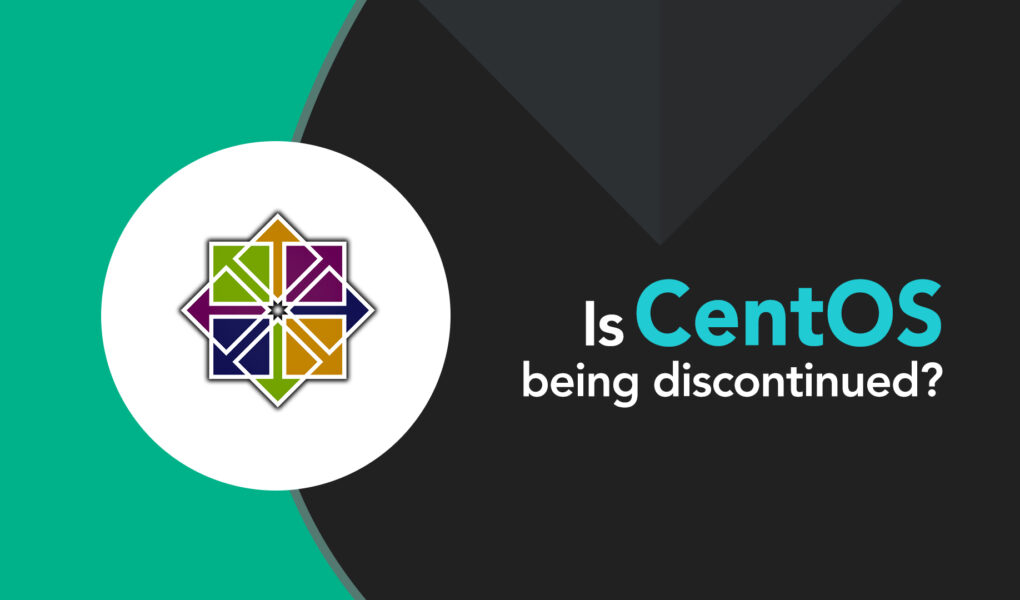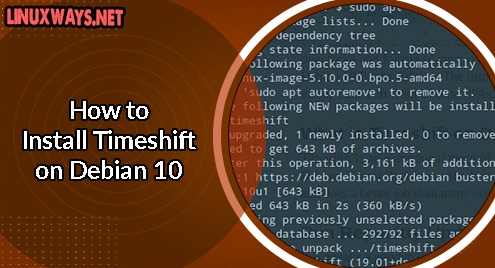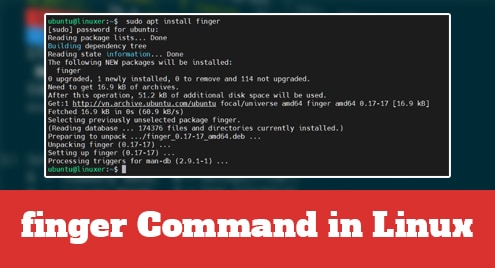In December 2020, the CentOS Project announced significant changes in their approach to developing their strategy. In the past, CentOS releases were based on the upstream source code from RHEL, with a delay of a few months. However, with the new changes, the project would focus on CentOS Stream, a rolling-release distribution that tracks just ahead of RHEL development.
This change caused a great deal of controversy in the CentOS community, as many users and organizations had come to rely on the stability and predictability of the previous release cycle. Some even saw this as the end of CentOS as they knew it.
So, is this really true that CentOS is being discontinued? Let’s see in the details below.
An Overview of CentOS
CentOS (Community Enterprise Operating System) is an open-source Linux distribution based on Red Hat Enterprise Linux (RHEL). CentOS is designed to provide a stable, secure, and reliable platform for servers and is widely used in data centers and businesses worldwide. It is known for its long-term support, which allows users to have a stable and consistent platform for their applications without frequent upgrades.
CentOS, which was initially launched in 2004, has gained immense popularity over the years due to its resilience and affordability as a Linux distribution. The management of CentOS is entrusted to a group of developers who collaborate to sustain and enhance the distribution. The CentOS community provides frequent updates, patches, and security fixes, making it a reliable and secure option for server hosting.
Numerous entities such as businesses, organizations, and individuals rely on CentOS for their server hosting requirements, which has led to a substantial user base for distribution. The user base includes various industries, including web hosting, e-commerce, finance, and healthcare.
One of the primary reasons for CentOS’s popularity is its compatibility with RHEL. CentOS is based on RHEL’s source code, making it compatible with RHEL applications and drivers. This means that CentOS users can enjoy the benefits of RHEL without the cost of licensing fees.
The Changes to CentOS
The move to CentOS Stream has caused some confusion among users and organizations that rely on CentOS. While CentOS Stream will still be free and open-source, it will no longer be a downstream rebuild of RHEL. Instead, it will be a rolling-release distribution that is designed to be a testing ground for features that will eventually be included in RHEL.
CentOS Stream is a controversial announcement for CentOS users because it will significantly change the distribution’s release cycle. CentOS Stream is not a long-term support release like CentOS Linux, which means that it will receive updates more frequently. This change will require CentOS users to upgrade their systems more frequently to stay up-to-date, which could be a challenge for businesses that rely on CentOS’s stability and consistency.
Another potential impact of CentOS Stream on CentOS Linux is that it may reduce the development effort on CentOS Linux. Since CentOS Stream serves as an upstream development branch of RHEL, many of the updates and new features will be tested on CentOS Stream before they are released on RHEL.
The Future of CentOS
Red Hat clarified that CentOS Linux is not being discontinued but will have a different future. CentOS Linux 8, which was initially scheduled to reach its end of life in 2029, will now reach its end of life on December 31, 2021, which is already passed. This change at the end-of-life date is to align with the lifecycle of RHEL 8, on which CentOS Linux 8 is based.
After December 31, 2021, CentOS Linux 8 will no longer receive updates or support, including security patches. Instead, CentOS Linux users will have the option to migrate to CentOS Stream or purchase an RHEL subscription from Red Hat.
Today, we can rightly say that CentOS Linux was discontinued at the end of 2021 in favor of CentOS Stream.
CentOS Alternatives
The announcement of CentOS Stream and the changes to CentOS Linux have led some users to explore alternative Linux distributions. Here are some popular alternatives you can try:
1: Rocky Linux was created in response to Red Hat’s decision to shift focus to CentOS Stream, and it is named after one of CentOS’s co-founders, Rocky McGough. It offers a free and reliable alternative to CentOS for users who prefer the CentOS-like experience. It is built on the same upstream sources as Red Hat Enterprise Linux, ensuring compatibility with RHEL and CentOS. The first stable release of Rocky Linux was made available in June of 2021, and it has been gaining popularity among server users since then.
2: AlmaLinux is an enterprise-grade, open-source Linux operating system that was initially created by CloudLinux, a company with significant experience in the Linux OS ecosystem. It is a 1:1 binary-compatible clone of RHEL, guided and built by the community, and designed to provide a stable and free alternative to CentOS, which was discontinued by Red Hat.
3: Fedora is a community-driven Linux distribution that serves as a testing ground for new features and technologies that eventually make their way into RHEL. It is an excellent alternative to CentOS for users who want a more up-to-date platform.
Conclusion
While CentOS as we know it may be discontinued, the open-source community is still committed to providing a stable and secure Linux distribution for users. CentOS Stream offers a viable alternative for those looking to continue using CentOS, while also contributing to the development of RHEL. It is also worth noting that CentOS Stream provides a stable and reliable platform that is suitable for enterprise use.



